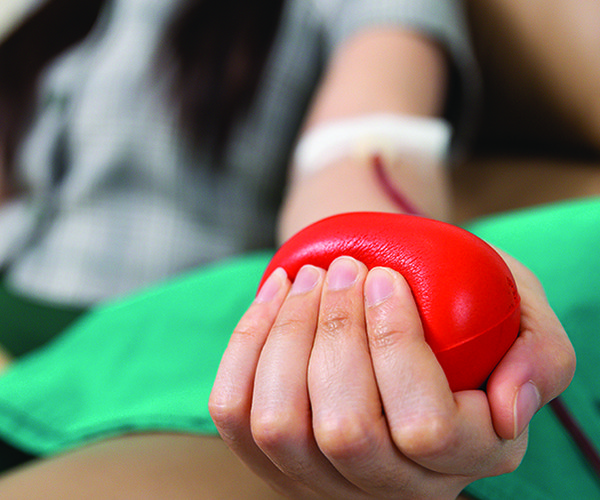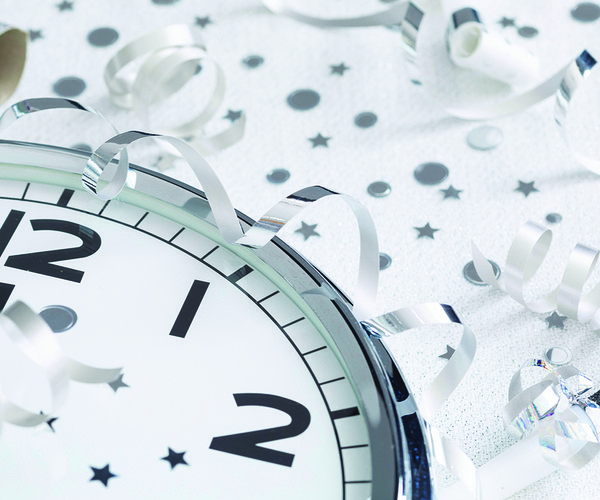The saying ‘you don’t know what you’ve got ‘til it’s gone’ is never more true than in regard to hearing. It’s easy to take hearing for granted, but even momentary hearing loss can highlight how vital it is to protect hearing.
People rely on headphones or ear buds to listen to music, stream movies or participate in work-related meetings more than ever before. Having the volume too loud can contribute to hearing loss over time.
The Centers for Disease Control and Prevention says five in 10 young people listen to their music or other audio too loudly. Overall, 48 million people in the United States have trouble hearing in one or both of their ears. Johns Hopkins Medical Center reports approximately 15 percent of adults 18 years of age or older report some trouble hearing, and the risk of hearing problems increases with age.
Once it’s gone, hearing cannot be restored in many cases. To protect hearing and guard against future hearing loss, consider these recommendations.
Ask for a baseline hearing test. It’s easier to measure hearing loss if there is a baseline by which it can be measured. During your annual physical, ask for a hearing test or a referral to an audiologist. This can set the course for monitoring progression of any future hearing loss.
Wear hearing protection. There are various types of hearing protection that can filter out certain levels of sound. Many earplugs, like the ones musicians wear or those worn when attending rock concerts, can reduce the sound by approximately 25 dB. Custom fit ear plugs provide more noise reduction, in upwards of 35 to 40 dB. They are optimal for high-noise environments, such as when mowing lawns or operating machinery, according to the hearing loss resource Hearts for Hearing.
Turn down the volume. Experts recommend adhering to the 60/60 rule when enjoying audio through headphones. This suggestion is to listen with the headphones at no more than 60 percent volume for no more than 60 minutes a day. Earbuds fit directly next to the eardrum and can be harmful to your hearing. If possible, choose over-the-ear headphones instead.
Have custom molds made. Rather than turning up the volume, people can have custom ear molds made for use with earphones, suggests Johns Hopkins. The custom ear molds will block outside noise, allowing for higher quality listening.
Keep your ears dry. Moisture in the ear can cause bacteria to grow and potentially lead to infections. Towel-dry ears gently after showering or swimming. Avoid the temptation to use cotton swabs to dry the ears. For the most part, ears are self-cleaning, and using a cotton swab can push wax and cause it to become compacted in the ear canal.
In addition to these tips, discussing hearing health with a doctor is a wise idea.





